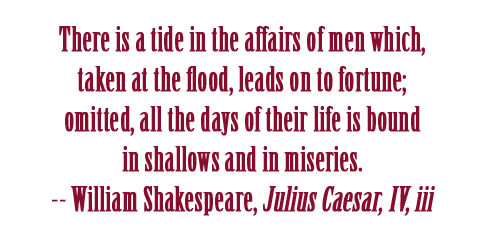THIS POST IS FOR WRITERS:
A recent article by Jeremy Greenfield in Forbes online asks, “How Much Money Do Self-Published Authors Make?” Well, it’s a fairly simple article that touches on the macro end of the issue, but really, there’s so much more to it.
The immediate point of his article seems to be that self-published (I’ll include the whole “Indie” category here, including emerging small press) authors do not make a living at their craft. However, if you read further, you discover that most authors – period – do not make a living at their craft, regardless of which route they’ve taken to publish.
The figure he presents for self-publishing is an annual median income (I’m assuming this is a “net” figure) of “under $5,000.” That would seem to be his Ah-hah! point – self-publishing is bad (After all, why else would he use the title he did?). However, he then goes on to say that traditionally published authors earn an annual median income of $5,000 to $9,999. Anyone “making a living” on that?
So the real point of his article is that few writers actually make a living as authors.
To which I say, “No surprise there.”
It’s actually always been that way in the publishing industry. A few superstars make gazillions of dollars, and the rest make a little on the side while continuing with their day job. Nothing new here.
What’s new is that more authors can actually take a shot at being in that elite group of authors who do make a nice living. In the past, writers were stuck playing the literary agent/traditional publisher lottery. Now, they have options. Furthermore, I would argue that if they really do it “the right way,” they improve their odds significantly.
THE RIGHT WAY
I sometimes get the feeling that writers get sick of me making this point: the reason most self-published authors fail (in the long run) is that they simply do not go about their business as proper professionals. Why do I think some are sick of that point? Emails like this one are a hint: “I’m so sick and tired of you saying that all self-published work is crap!” Okay, I’ve only received one such email, and just to be clear: I have NEVER said that. I’ve said that “most” self-published work is crap. 🙂
One of the nice things about the new market opportunities for authors is that a lot more good work is making it into the marketplace, and into readers’ hands. A lot of talented folks are discovering that they don’t have to wait to win the traditional publishing lottery to become authors. One of the bad things about the new market opportunities for authors is that anyone can now publish last week’s grocery list – it’s cheap and relatively easy.
The result is a flooding of the market – more good stuff (Great!), but an absolute boatload of utter crap to go along with it.
This, of course, tends to drag down those “median” numbers that Mr. Greenfield cited in his Forbes article.
Yet consumers are not dummies. You might fool them for a short time, but in the end, if you publish crap, consumers will bail on you as if you were Typhoid Mary herself.
It’s actually pretty simple: those who write good stories, make a sincere effort to have it professionally edited, and who put up a professional cover as the face of that book – in short, those who invest in their business – can expect to improve their odds of ultimate success many fold. You’ll note I used the word “ultimate” in that last phrase. Why? Because it’s even rarer for an author to take off after just one book. Usually, an author must have three, four, even five books available before consumers really take note of them in a big way.
Success in this business is hard as hell; let’s just be honest about that. However, it’s not impossible – not by a long shot. If you’re dreaming the dream, then go about your business, do it the right way, and work toward that day when you can say that you defied the odds.
~~~~~~~~~~





Leave a Reply